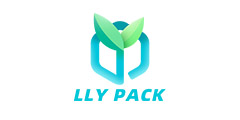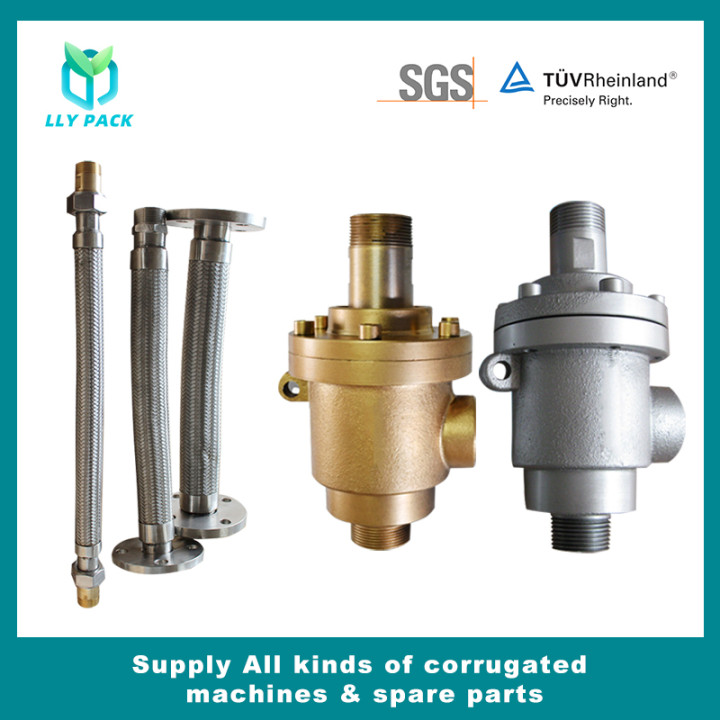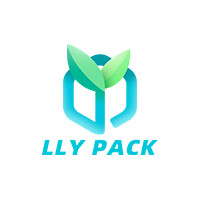Miniature corrugated cardboard has become more popular in Europe and has recently emerged in Japan.
Currently available miniature corrugated paperboards have G-type corrugated paperboards with a corrugation height of 0.85-0.98mm; N-type corrugated paperboards with a corrugation height of 0.5mm; F-type corrugated paperboards with a corrugation height of 0.75mm.
Miniature corrugated board is light in weight and can save raw materials. The cartons made of such corrugated cardboard have better insulation properties for frozen foods. The surface of the miniature corrugated cardboard is flat and can be used for direct offset printing. In particular, the white micro-corrugated cardboard can provide a wide range of multi-color printing, achieving most of the effects of cardboard printing. These products have been used in some frozen food packaging boxes and are printed directly with a Roland 700 offset press, reducing the speed from 12,000 to 8,000 sheets/hour during printing; use a softer blanket to avoid pressure ringing; reduce pressure to Avoid corrugations.
However, it should be noted that the use of a soft blanket can cause a large dot gain, and some compensation is required for this. When the die-cutting and indentation, the indentation groove should be wider to prevent the ring material from being pressed. After the above measures are taken, a satisfactory carton printing effect is obtained after testing.
With the rise of micro-corrugated cardboard, cover-cardboard printers are implementing four-color printing. Mini-Corrugated board printing in Japan, the image of the network cable is an average of 100 lines / inch, it has recently been reported that some micro-corrugated cardboard printing plant using a Japanese-made printing press, the image accuracy has reached 120 lines / inch.
Computer direct flexo technology
Computer-controlled flexographic technology: It refers to the process technology that directly transfers digital images created on computers to photopolymer plates to make plates for flexographic printing.
The computer-based flexo version has the following advantages:
1. It can realize non-film direct plate making, save the consumption of film and washing liquid, reduce the plate making cost, and protect the environment.
2. It overcomes the defects of the graphic decision made by the traditional plate-making exposure time. It is the exposure time that has nothing to do with the type of graphics and dot density.
3. No need for negative film and vacuum, no off-scattering, no dirt spots and bad printing. Anti-White Yin characters are not easily filled.










